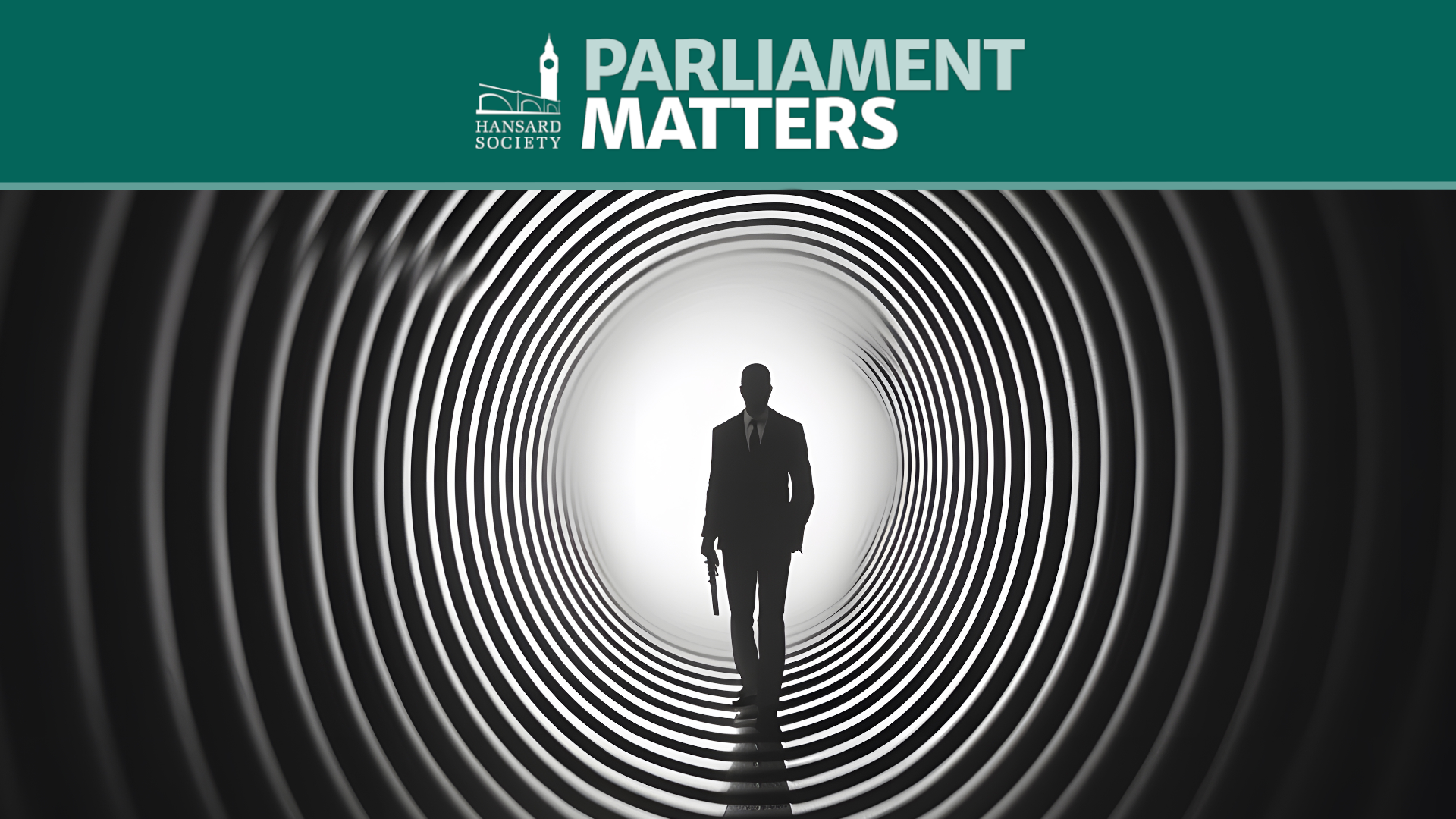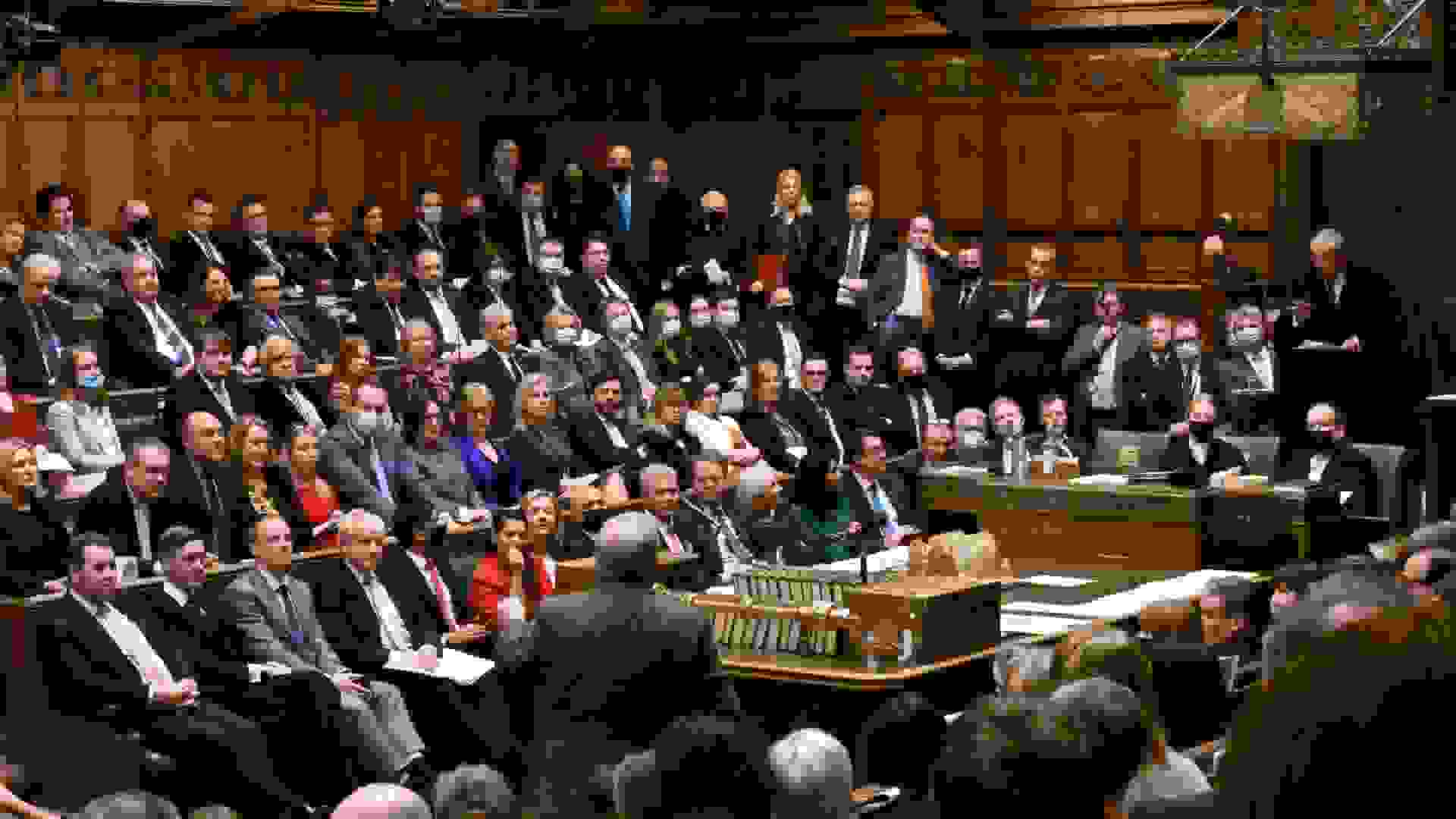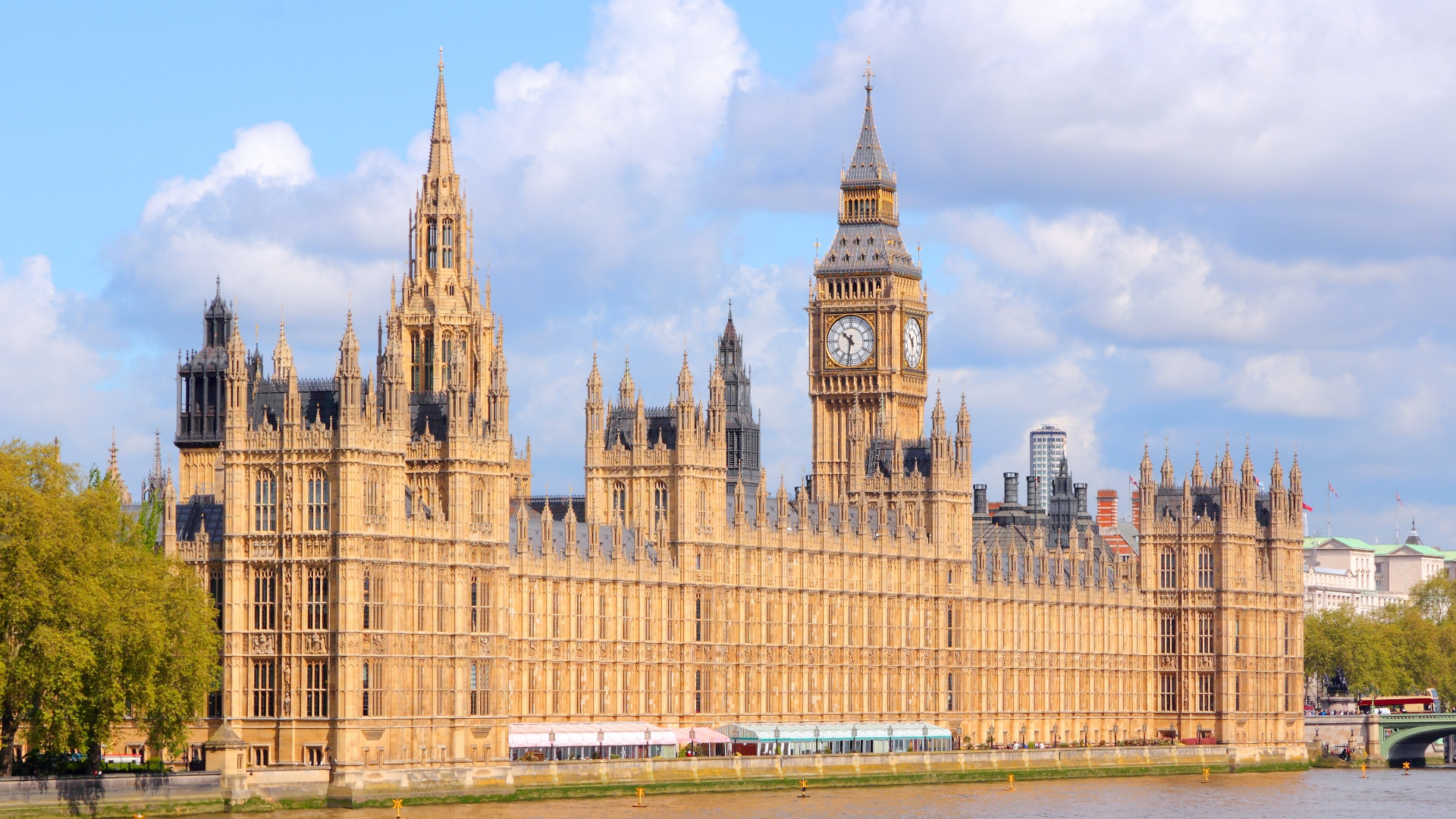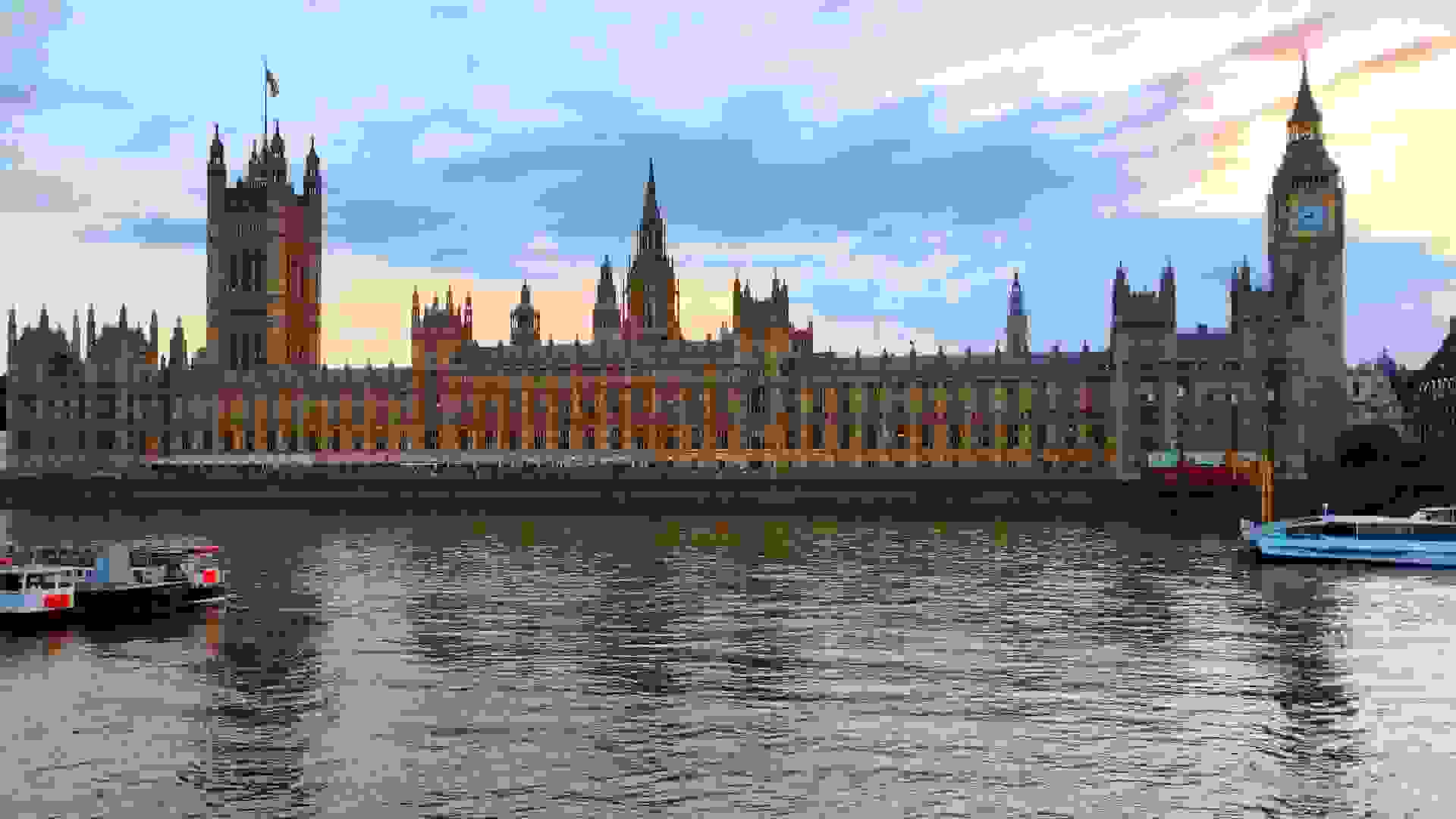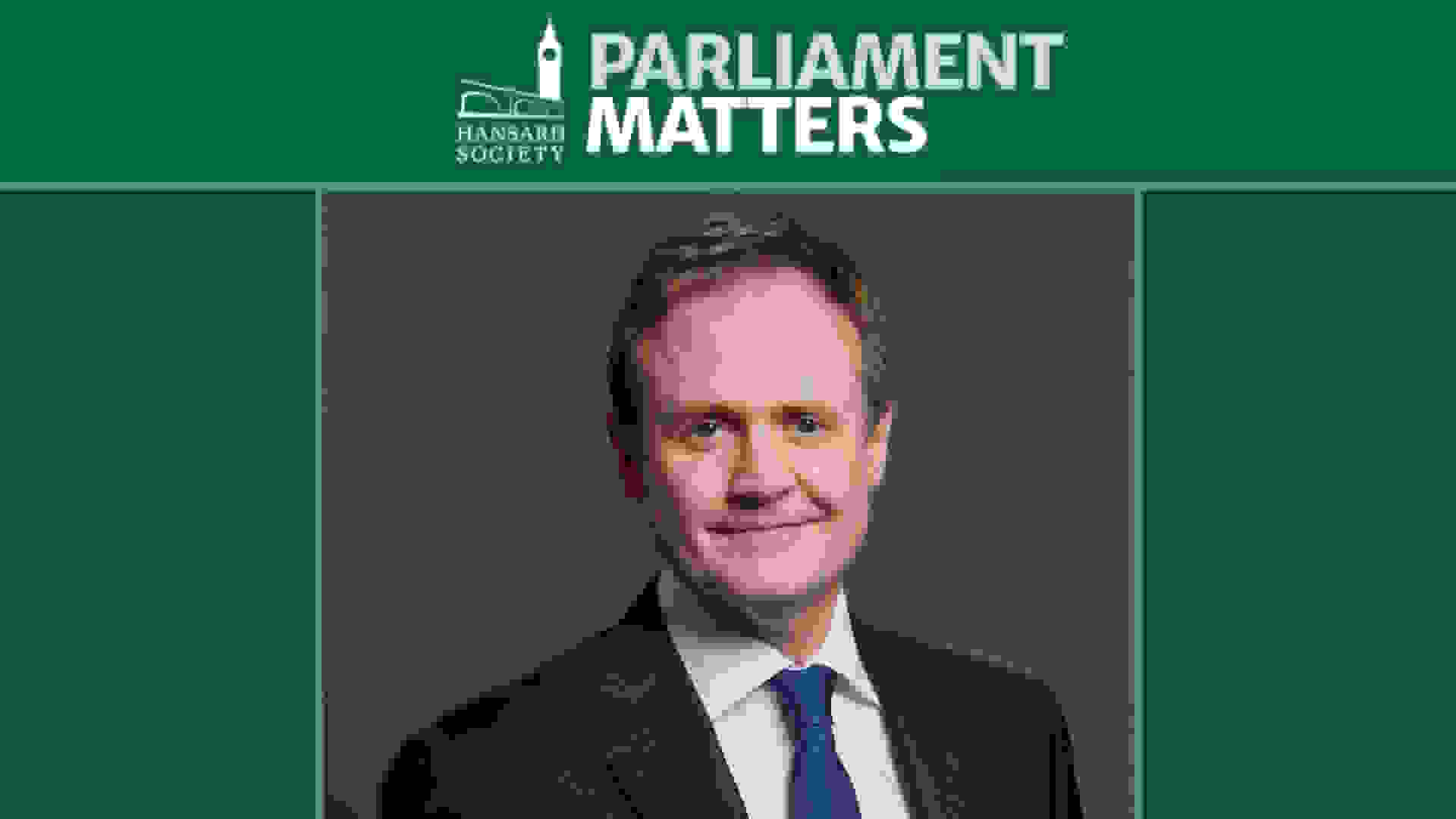News / Licence to scrutinise: spooks, hereditary peers and assisted dying - Parliament Matters podcast, Episode 60
In this week’s episode the ‘assisted dying’ bill takes centre stage as the newly chosen members of the Public Bill Committee gear up for detailed scrutiny of the legislation. With 23 members, including two ministers, this committee promises a mix of seasoned voices and first-time MPs debating a very difficult issue. We are joined by Hansard Society researcher, Matthew England, who breaks down the committee’s composition, party balance, and the strategic dynamics that will influence the bill’s trajectory.
